Vidclox Tablet 10's
MRP ₹130
(Inclusive of all Taxes)
₹19.5 Cashback (15%)
Provide Delivery Location
Online payment accepted
 Prescription drug
Prescription drugWhats That
Manufacturer/Marketer :
Consume Type :
Expires on or after :
Return Policy :
About Vidclox Tablet
Vidclox Tablet belongs to the class of combination medication called NSAIDs (non-steroidal anti-inflammatory drugs) used to relieve pain and inflammation in conditions like osteoarthritis, rheumatoid arthritis, ankylosing spondylitis. Besides this, it also helps treat muscle pain, tooth pain during dental surgery, menstrual period pain/cramps, ear pain and migraine headaches. Pain is a symptom triggered by the nervous system, causing uncomfortable sensations in the body. Arthritis is the tenderness and swelling in the joints which causes pain and joint stiffness.
Vidclox Tablet is a combination of three drugs, namely: Diclofenac, Paracetamol and Serratiopeptidase. Diclofenac and Paracetamol work by blocking the effect of a chemical messenger, known as cyclo-oxygenase (COX) enzymes that make other chemical prostaglandins. These prostaglandins are produced at injury sites and cause pain, swelling and fever. By blocking COX enzyme's effect, lesser prostaglandins are produced, which reduces mild to moderate pain, inflammation and fever. Serratiopeptidase acts as a mucolytic (dissolves thick protein at the injured/affected site) and anti-inflammatory agent thereby decreasing swelling at the painful site.
You are advised to take Vidclox Tablet for as long as your doctor has prescribed it for you. In some cases, Vidclox Tablet may cause certain common side-effects such as nausea, vomiting, stomach pain, headache, indigestion and diarrhoea. Most of these side-effects do not require medical attention and will resolve gradually over time. However, you are advised to talk to your doctor if you experience these side-effects persistently.
Consult your doctor if you are pregnant or breastfeeding. Vidclox Tablet may cause drowsiness and dizziness, so drive with caution. Vidclox Tablet should not be given to children as safety and efficacy have not been established. Avoid consuming alcohol with Vidclox Tablet as it could lead to increased drowsiness and dizziness; it might also increase the risk of stomach bleeding. Keep your doctor informed about your health condition and medicines to rule out any side-effects/interactions.
Uses of Vidclox Tablet
Directions for Use
Key Benefits
Vidclox Tablet is a combination of three drugs, namely: Diclofenac (pain killer), Paracetamol (fever reducer) and Serratiopeptidase (protein enzyme). Vidclox Tablet is used to relieve pain and inflammation associated with osteoarthritis, rheumatoid arthritis, ankylosing spondylitis, muscle pain, tooth pain, bone and joint pain, headache, swelling, period pain, ear pain, migraine, fever, sore throat, nose pain, etc. Vidclox Tablet increases the pain threshold and blood flow across the skin. Diclofenac and Paracetamol work by blocking the effect of chemical messengers that cause pain and inflammation. Serratiopeptidase breaks down the abnormal proteins at the site of inflammation, thereby reduces inflammation.
Storage
- Inform your doctor about the nausea and discuss possible alternatives to the medication or adjustments to the dosage.
- Divide your daily food intake into smaller, more frequent meals to reduce nausea.
- Opt for bland, easily digestible foods like crackers, toast, plain rice, bananas, and applesauce.
- Avoid certain foods that can trigger nausea, such as fatty, greasy, spicy, and smelly foods.
- Drink plenty of fluids, such as water, clear broth, or electrolyte-rich beverages like coconut water or sports drinks.
- Use ginger (tea, ale, or candies) to help relieve nausea.
- Get adequate rest and also avoid strenuous activities that can worsen nausea.
- Talk to your doctor about taking anti-nausea medication if your nausea is severe.
- Record when your nausea occurs, what triggers it, and what provides relief to help you identify patterns and manage your symptoms more effectively.
- Preventing Vomiting (Before it Happens)
- Take medication exactly as prescribed by your doctor. This can help minimize side effects, including vomiting.
- Having a small meal before taking your medication can help reduce nausea and vomiting.
- Talk to your doctor about taking anti-nausea medication along with your prescribed medication.
- Managing Vomiting (If it Happens)
- Try taking ginger in the form of tea, ale, or candy to help alleviate nausea and vomiting.
- What to Do if Vomiting Persists
- Consult your doctor if vomiting continues or worsens, consult the doctor for guidance on adjusting your medication or additional treatment.
- Inform Your Doctor: Notify your doctor immediately about your diarrhoea symptoms. This allows them to adjust your medication or provide guidance on managing side effects.
- Stay Hydrated: Drink plenty of fluids to replace lost water and electrolytes. Choose water, clear broth, and electrolyte-rich drinks. Avoid carbonated or caffeinated beverages to effectively rehydrate your body.
- Follow a Bland Diet: Eat easy-to-digest foods to help firm up your stool and settle your stomach. Try incorporating bananas, rice, applesauce, toast, plain crackers, and boiled vegetables into your diet.
- Avoid Trigger Foods: Steer clear of foods that can worsen diarrhoea, such as spicy, fatty, or greasy foods, high-fibre foods, and dairy products (especially if you're lactose intolerant).
- Practice Good Hygiene: Maintain good hygiene to prevent the spread of infection. To stay healthy, wash your hands frequently, clean and disinfect surfaces regularly, and avoid exchanging personal belongings with others.
- Take Anti-Diarrheal Medications: If your doctor advises, anti-diarrheal medications such as loperamide might help manage diarrhoea symptoms. Always follow your doctor's directions.
- Keep track of your diarrhoea symptoms. If they don't get better or worse or are accompanied by severe stomach pain, blood, or dehydration signs (like extreme thirst or dark urine), seek medical help.
- Inform your doctor about your constipation symptoms. They may adjust your medication or advise alternative treatments.
- Stay hydrated by drinking sufficient of water (at least 8-10 glasses a day) to help soften stool and promote bowel movements.
- Increase fibre intake by eating foods high in fibre, such as fruits, whole grains, vegetables and legumes, to help bulk up the stool.
- Establish a bowel routine by trying to go to the bathroom at the same time each day to train your bowels.
- Engaging in regular exercise, like walking or yoga, can support in bowel movement stimulation.
- Consult your doctor if constipation persists, and discuss alternative treatments or adjustments to your medication.
- Drink water or other clear fluids.
- To prevent worsening of pain, limit intake of tea, coffee, or alcohol.
- Include bland foods like rice, toast, crackers, and rice in your diet.
- Avoid lying down immediately after eating as it may cause indigestion or heartburn.
- Avoid acidic and spicy food as it may cause indigestion.
Drug Warnings
Do not take Vidclox Tablet if you are allergic to paracetamol, diclofenac or serratiopeptidase, have/had severe heart problems, stomach ulcer or perforation, bleeding problems such as bleeding from the stomach, intestine or brain, have undergone any heart bypass surgery, have had a heart attack, blood circulation problems or inflammation of intestines. Consult your doctor if you are pregnant, planning for pregnancy or breastfeeding. Vidclox Tablet may cause drowsiness and dizziness, so drive only if you are alert. Vidclox Tablet is not recommended for children less than 10 years of age as safety and effectiveness have not been established. Avoid consuming alcohol with Vidclox Tablet as it could lead to increased drowsiness and increased risk of stomach bleeding. Stop taking Vidclox Tablet and consult your doctor immediately if you have stomach pain or any signs of bleeding in the intestine or stomach, such as blood in stools. Do not take any other NSAIDs for pain relief along with Vidclox Tablet unless prescribed.
Drug-Drug Interactions
Drug-Drug Interactions
Login/Sign Up
Co-administration of Vidclox Tablet with Meloxicam can increase the risk or severity of gastrointestinal side effects.
How to manage the interaction:
Taking Meloxicam with Vidclox Tablet is not recommended as it can possibly result in an interaction, it can be taken if your doctor has advised it. However, consult your doctor immediately if you experience symptoms such as dizziness, lightheadedness, red or black, tarry stools, coughing up or vomiting fresh or dried blood that looks like coffee grounds, severe headache, and weakness. Do not stop any medication without doctor's advise.
Taking Vidclox Tablet with Enoxaparin can increase the risk of bleeding complications.
How to manage the interaction:
There may be a possible interaction between Vidclox Tablet and Enoxaparin, but they can be taken together if your doctor has prescribed them. However, consult your doctor immediately if you experience any unusual bleeding or bruising, swelling, vomiting, blood in your urine or stools, headache, dizziness, or weakness. Do not discontinue any medications without consulting a doctor.
Coadministration of Vidclox Tablet with Ketoconazole may increase the risk of liver problems.
How to manage the interaction:
There may be a possible interaction between Vidclox Tablet and Ketoconazole, but they can be taken together if a doctor has prescribed them. However, consult a doctor immediately if you have fever, chills, joint pain or swelling, unusual bleeding or bruising, skin rash, itching, loss of appetite, fatigue, nausea, vomiting, abdominal pain, dark colored urine, light colored stools, and/or yellowing of the skin or eyes. Do not discontinue any medications without consulting a doctor.
Taking Vidclox Tablet with human immunoglobulin may increase the risk of kidney problems.
How to manage the interaction:
Although there is an interaction between Human immunoglobulin and Vidclox Tablet, you can take these medicines together if prescribed by a doctor. However, consult the doctor immediately if you experience symptoms such as nausea, vomiting, loss of appetite, increased or decreased urination, sudden weight gain or weight loss, fluid retention, swelling, shortness of breath, muscle cramps, tiredness, weakness, dizziness, confusion, and irregular heart rhythm. Do not discontinue any medications without consulting a doctor.
Taking Vidclox Tablet with Ibrutinib can increase the risk of bleeding tendencies.
How to manage the interaction:
There may be a possible interaction between Vidclox Tablet and Ibrutinib, but they can be taken together if a doctor has prescribed them. However, consult a doctor immediately if you experience any unusual bleeding, dizziness, lightheadedness, red or black, tarry stools, coughing up or vomiting fresh or dried blood that looks like coffee grounds, or severe headaches. Do not discontinue any medications without consulting a doctor.
Co-administration of Vidclox Tablet with Celecoxib may increase the risk of stomach bleeding and ulcers.
How to manage the interaction:
Although there is a interaction between Vidclox Tablet and Celecoxib, but it can be taken if your doctor has advised it. Consult a doctor if you experience symptoms like blood in your urine or stool (or a black stool), severe bruising, prolonged nosebleeds, feeling dizzy or lightheaded, weakness or severe headache, vomiting blood or coughing up blood, heavy menstrual bleeding (in women), difficulty breathing, or chest pain. Do not discontinue any medication without consulting a doctor.
Co administration of Vidclox Tablet with Leflunomide may result in liver problems.
How to manage the interaction:
Co-administration of Vidclox Tablet and Leflunomide can lead to an interaction; it can be taken if advised by your doctor. However, if you have a fever, chills, joint pain or swelling, unusual bleeding or bruising, skin rash, itching, loss of appetite, fatigue, nausea, vomiting, abdominal pain, dark-colored urine, light-colored stools, or yellowing of the skin or eyes. Do not stop using any medication without consulting your doctor.
Concomitant administration of Vidclox Tablet and furosemide may decrease the therapeutic efficacy of furosemide and adversely affect renal function.
How to manage the interaction:
There may be a possible interaction between Vidclox Tablet and furosemide, but they can be taken together if your doctor has prescribed them. However, consult your doctor immediately if you experience symptoms like nausea, dizziness, irregular heartbeats, altered blood pressure, tingling. Do not stop using any medications without first talking to your doctor.
Co-administration of Vidclox Tablet and tenofovir alafenamide may cause kidney problems.
How to manage the interaction:
There may be a possible interaction between Vidclox Tablet and Tenofovir alafenamide but they can be taken together if your doctor has prescribed them. However, consult your doctor immediately if you experience symptoms such as such as nausea, vomiting, loss of appetite, increased or decreased urination, sudden weight gain or weight loss, fluid retention, swelling, shortness of breath, bone pain, muscle cramps, tiredness, weakness, dizziness, confusion, and irregular heart rhythm. Do not stop using any medications without talking to your doctor.
Taking Dasatinib together with Vidclox Tablet may increase the risk of bleeding.
How to manage the interaction:
There may be a possible interaction between Vidclox Tablet and Dasatinib but they can be taken together if a doctor has prescribed them. However, consult a doctor immediately if you experience dizziness, red or black, tarry stools, or severe headaches. Do not discontinue any medications without consulting a doctor.
Drug-Food Interactions
Drug-Food Interactions
Login/Sign Up
Diet & Lifestyle Advise
- Exercising regularly helps in muscle stretching so that they are less likely to spasm, tear and sprain. Mild exercises such as jogging and walking are helpful for muscle stretching.
- Massages can also be helpful.
- Avoid freezing and hot temperatures.
- Avoid wearing tight-fitting clothes; instead, wear loose garments.
- Rest well, and get plenty of sleep.
- To avoid developing pressure sores, change your position every two hours.
- Hot or cold therapy can help treat muscle spasms. Apply an ice-pack or hot-pack on the muscle for 15-20 minutes.
- Stay hydrated, drink plenty of water.
Side Effects of Vidclox Tablet
- Nausea
- Vomiting
- Stomach pain
- Diarrhoea
- Indigestion
- Headache
Habit Forming
Therapeutic Class
All Substitutes & Brand Comparisons
RX
Diclotal Plus SP Tablet 10's
Blue Cross Laboratories Pvt Ltd
₹50.5
(₹4.55 per unit)
61% CHEAPERRX
Dan-SP Tablet 10's
Unison Pharmaceuticals Pvt Ltd
₹58.5
(₹5.27 per unit)
54% CHEAPERRX
Out of StockBergamol-D Tablet
Ultra Drugs Pvt Ltd
₹70
(₹6.3 per unit)
46% CHEAPER
Author Details
We provide you with authentic, trustworthy and relevant information
Drug-Diseases Interactions
Drug-Diseases Interactions
Login/Sign Up
FAQs
Drug-Drug Interactions Checker List
- ASPIRIN
- IBUPROFEN
- CYCLOSPORINE
- TACROLIMUS
- LITHIUM
- DIGOXIN
- WARFARIN
- METHOTREXATE
- MAGNESIUM HYDROXIDE
- KETOCONAZOLE
- MICONAZOLE
- VORICONAZOLE
- FLUCONAZOLE
- AMIDODARONE
- SULFINPYRAZONE
- METOCLOPRAMIDE
- DOMPERIDONE
- CHOLESTYRAMINE
- IMATINIB
- CHLORAMPHENICOL
- MIFEPRESTONE
Disease/Condition Glossary
Pain: Pain is a symptom triggered by the nervous system, causing uncomfortable sensations in the body. Pain may be dull or sharp, it might be constant or may come and go. The tolerance level of pain might vary from person to person. Pain can be generalized (overall body aches) or localized (affecting a specific area of the body). The common causes of pain include headache, muscle strain, cramps, cuts, bone fractures and arthritis.
Osteoarthritis: It is a joint disease in which the two ends of the joints come together due to the breakdown of a protective covering called cartilage. Due to the absence of this protective covering, the joints rub against each other, leading to pain and stiffness. Symptoms include pain, stiffness, inflammation and tenderness.
Rheumatoid arthritis: It is an auto-immune disease (the body's immune system attacks its tissue), leading to joint pain and damage. Symptoms of rheumatoid arthritis include pain, swelling, stiffness, deformities and loss of joint function.
Ankylosing spondylitis: It causes pain and stiffness in the spine. The pain generally starts in the lower back and can spread to the neck, damaged joints or other body parts. Ankylosing spondylitis includes decreased flexibility which usually leads to a hunched-forward posture and pain in the back and joints.

Have a query?
Alcohol
Safe if prescribed
Avoid consumption of alcohol while taking Vidclox Tablet as it may cause increased drowsiness.
Pregnancy
Consult your doctor
Please consult your doctor if you are pregnant; your doctor will prescribe Vidclox Tablet only if the benefits outweigh the risks.
Breast Feeding
Consult your doctor
Consult your doctor if you are breastfeeding; your doctor will decide whether Vidclox Tablet can be taken by breastfeeding mothers or not.
Driving
Safe if prescribed
Vidclox Tablet may cause dizziness and drowsiness. Do not drive or operate machinery unless you are alert.
Liver
Consult your doctor
Dose adjustment may be needed in patients with liver impairment. Please consult your doctor if you have a liver impairment or any concerns regarding this.
Kidney
Consult your doctor
Dose adjustment may be needed in patients with kidney impairment. Please consult your doctor if you have kidney impairment or any concerns regarding this.
Children
Safe if prescribed
Vidclox Tablet should not be given to children less than 10 years of age, as the safety and effectiveness have not been established.




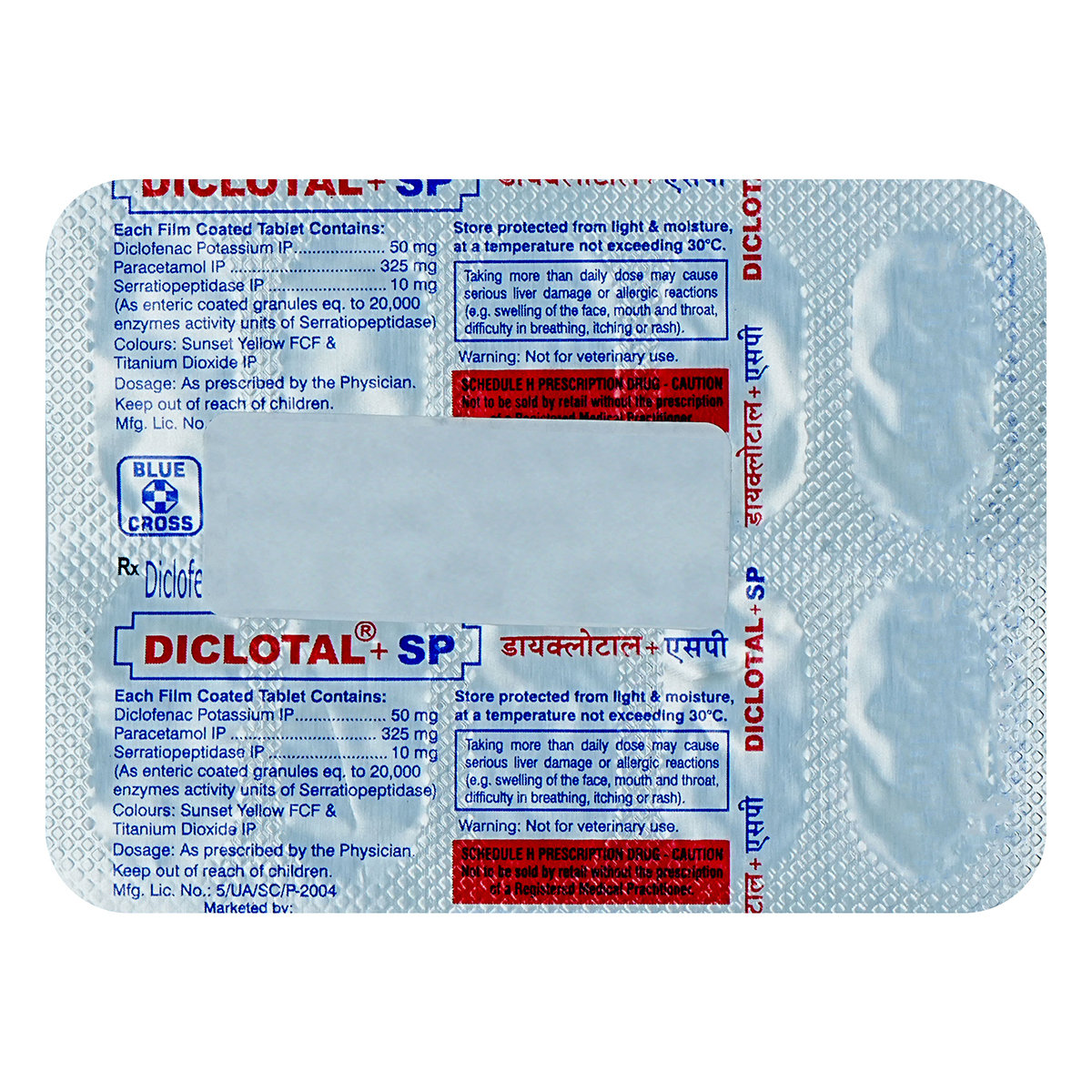
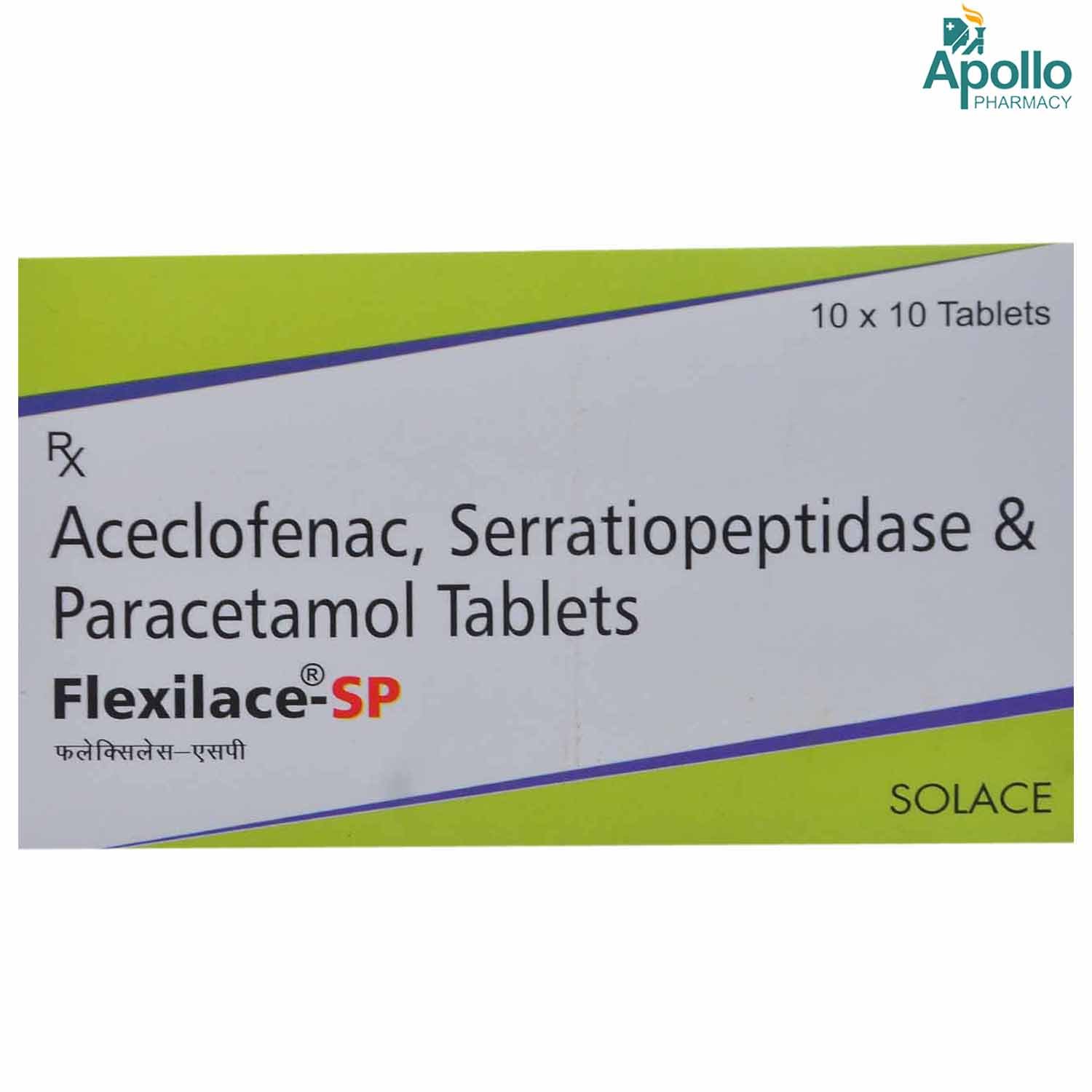


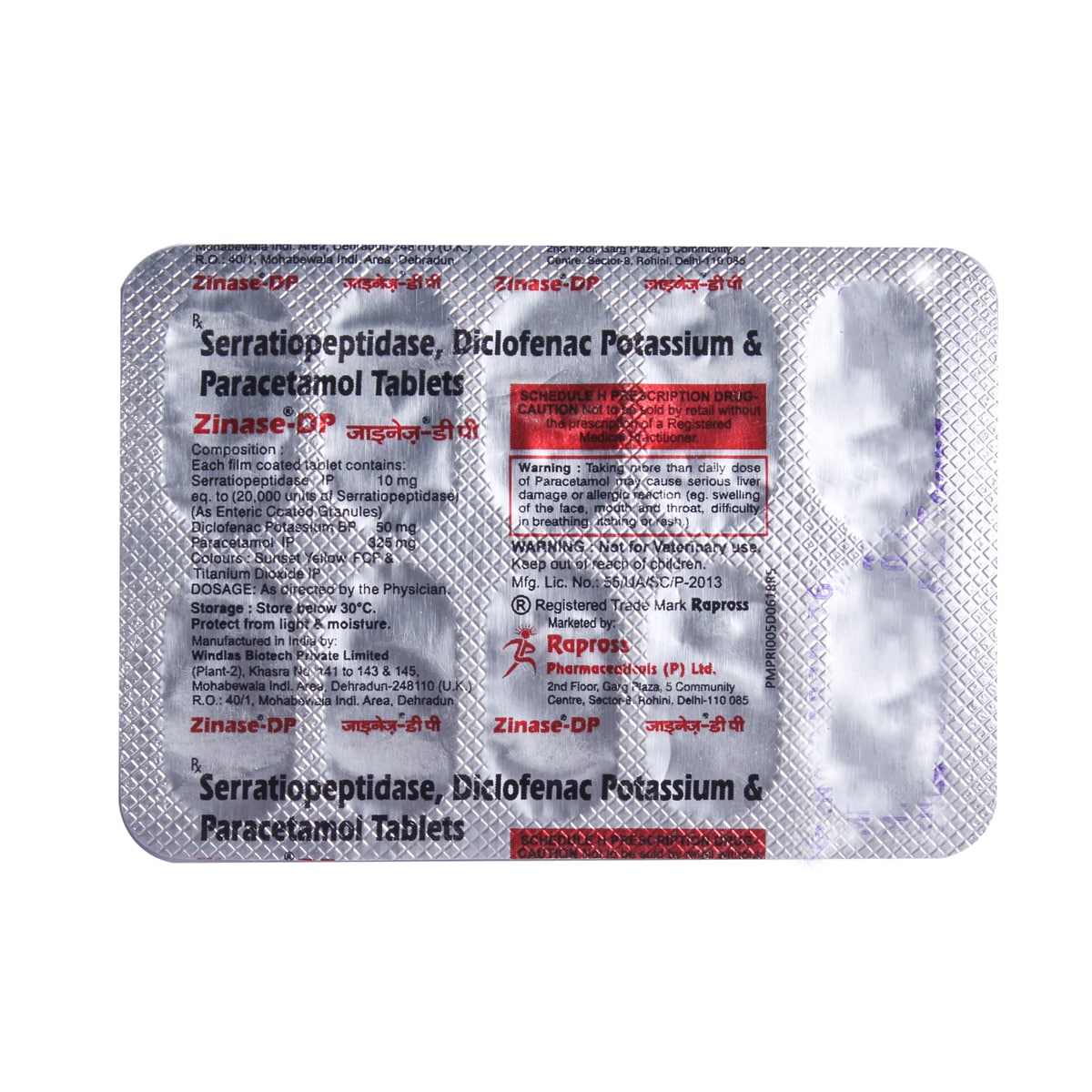
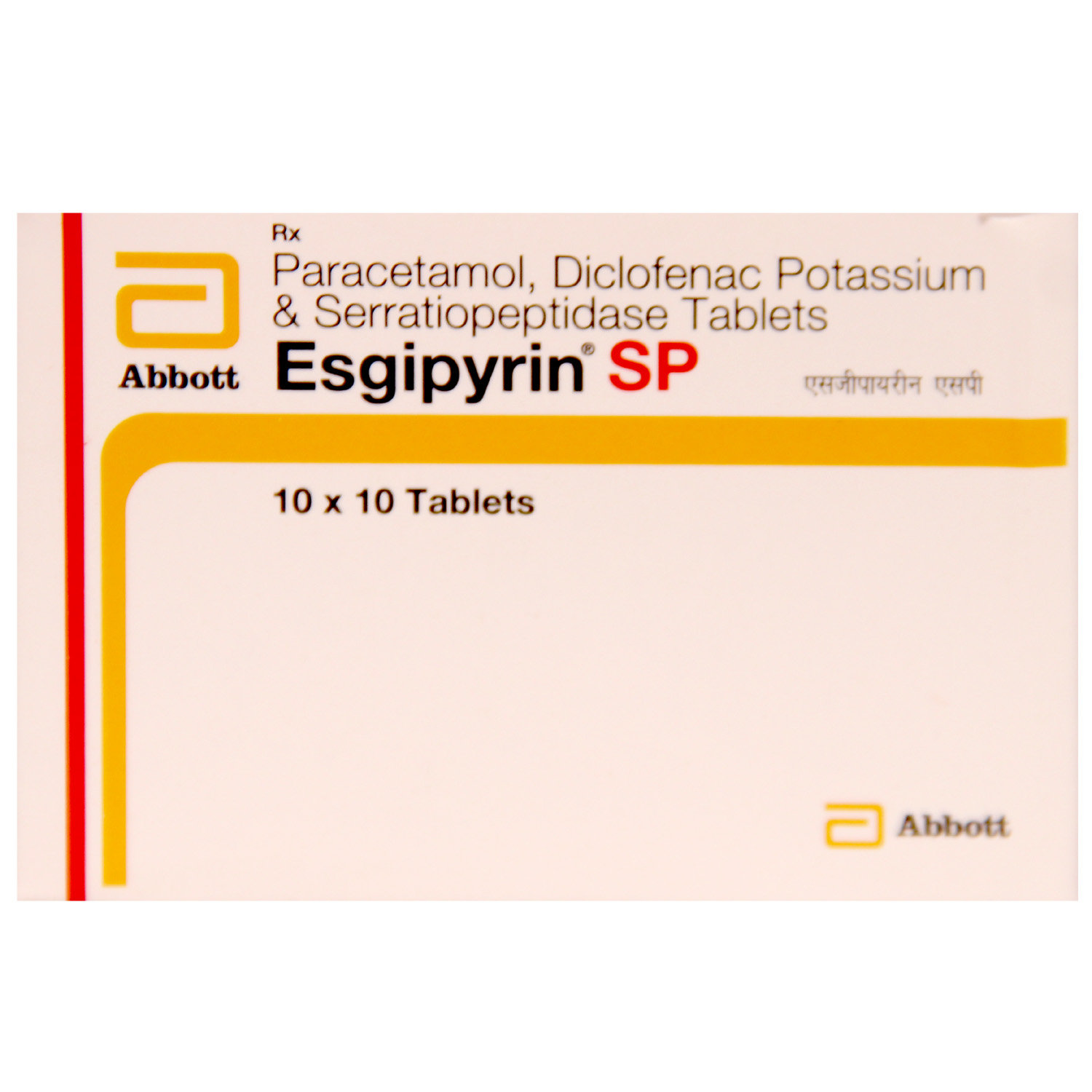
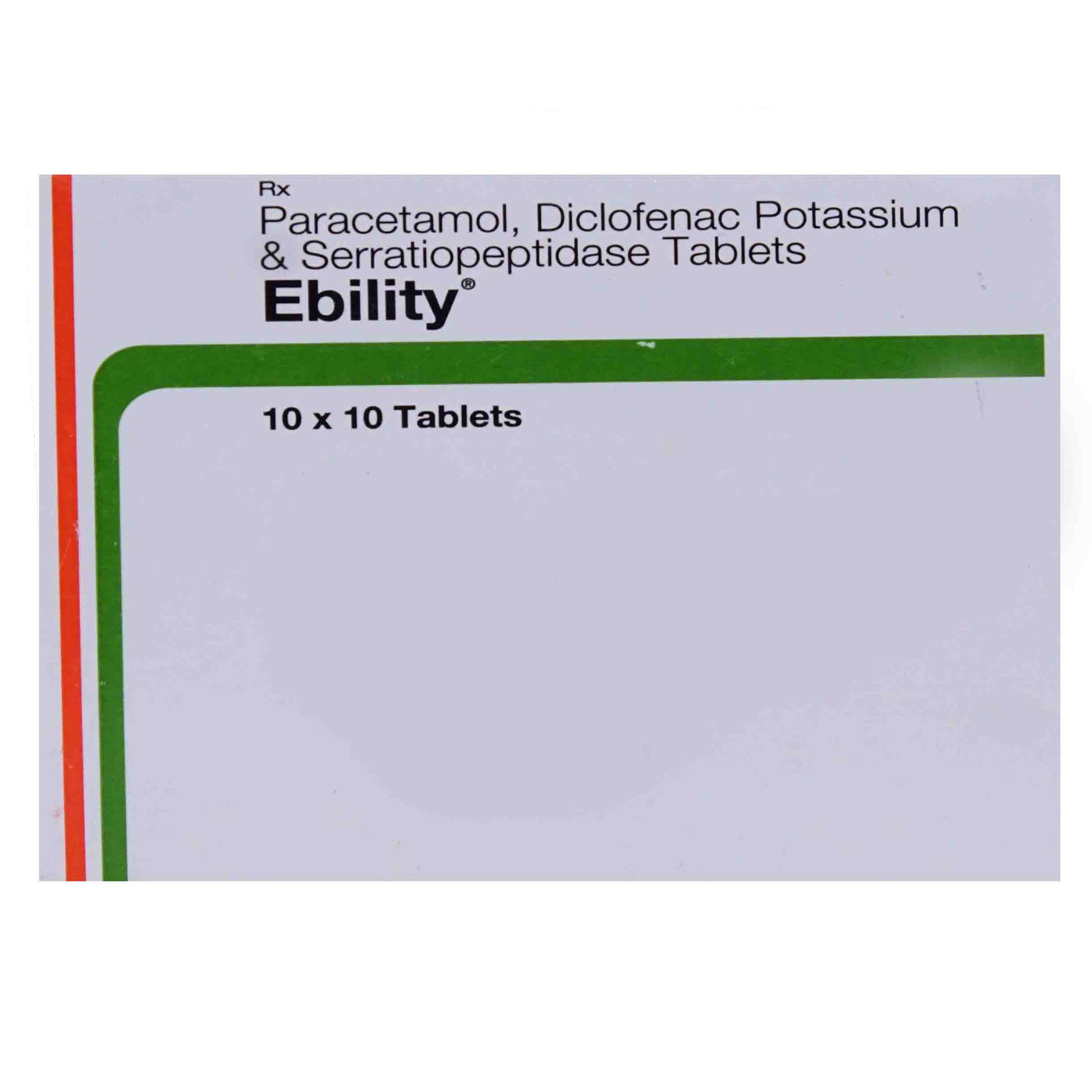


_0.jpg?tr=q-85)

